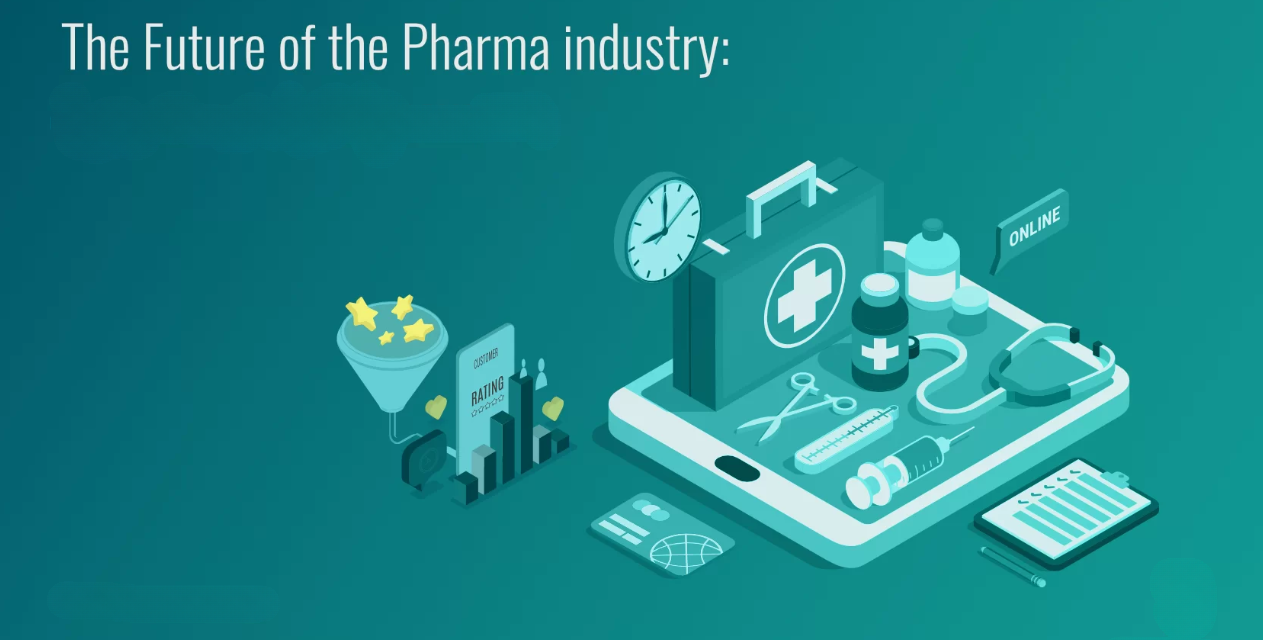The future expansion of the pharmaceutical industry hinges on fostering innovation and building a robust talent pool. As global healthcare demands evolve, driven by advancements in biotechnology, precision medicine, and digital health, the pharmaceutical sector must adapt by investing in research, technology, and human capital to remain competitive.
Innovation is at the heart of the industry’s growth. Companies are increasingly focusing on developing advanced therapies, such as gene editing, biologics, and personalized medicine, to address complex diseases. The integration of technologies like artificial intelligence (AI), machine learning (ML), and blockchain is transforming drug discovery, clinical trials, and supply chain management. These advancements not only accelerate the development process but also enhance the safety and efficacy of treatments. Furthermore, green chemistry and sustainable manufacturing practices are becoming integral to innovation, ensuring compliance with global environmental standards.
Equally critical is talent development, which requires upskilling the existing workforce and nurturing the next generation of professionals. The industry faces a growing need for expertise in emerging fields such as bioinformatics, pharmacogenomics, and regulatory science. Collaborations between academia and industry are essential to bridge the skills gap, with initiatives like specialized training programs, internships, and research partnerships playing a pivotal role. Governments and private organizations are also investing in education and vocational training to meet the demand for a skilled workforce.
Countries like India, China, and the United States are leading efforts to strengthen their talent pipelines by establishing pharmaceutical research centers, innovation hubs, and startup ecosystems. These efforts are complemented by policies promoting intellectual property protection, research incentives, and funding for early-stage drug development.
However, challenges such as high R&D costs, regulatory complexities, and the shortage of skilled professionals persist. Addressing these challenges requires a concerted effort from governments, academic institutions, and industry stakeholders to create an ecosystem conducive to innovation and talent development.
The future growth of the pharmaceutical industry is intrinsically linked to its ability to innovate and invest in talent. By prioritizing these areas, the industry can address global healthcare challenges, enhance patient outcomes, and sustain long-term growth in an increasingly competitive landscape.










